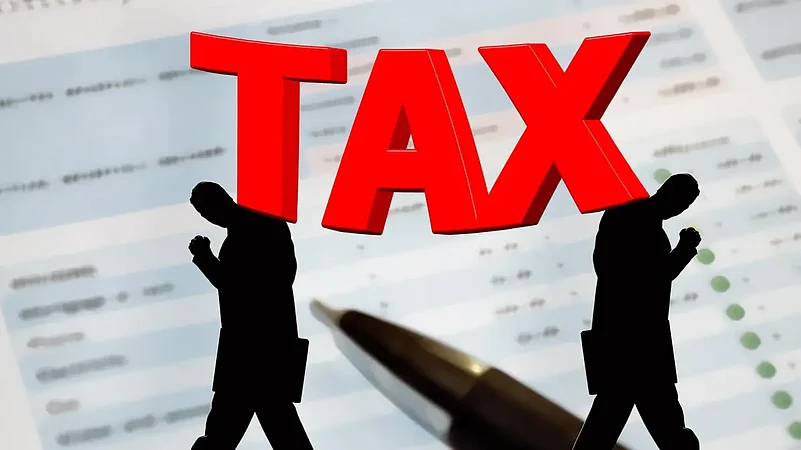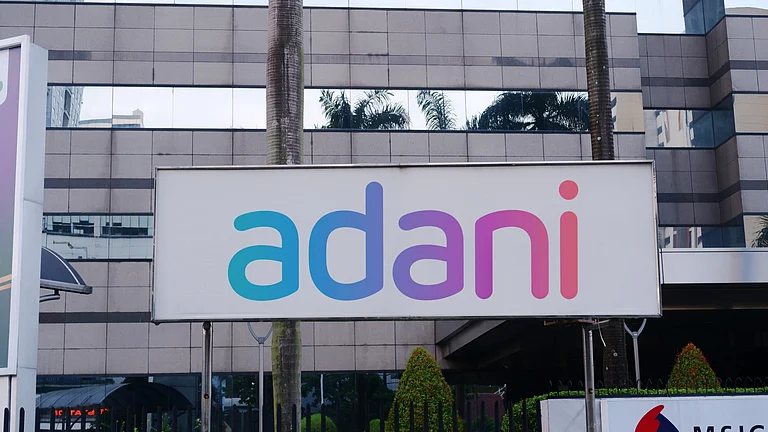You may agree that paying taxes is the most annoying part of earning and financial growth; the more you earn, the bigger the amount of tax outgo. But as the famous American sociologist, theorist, and empirical researcher James Samuel Coleman said, "The point to remember is that what the government gives, it must first take away." Therefore, as financial year 2021–22 is coming to an end, make sure you clear your advance tax liability. The last date for paying advance tax is March 15 of the assessment year.
We are all aware that if there is an income, then you are liable to pay tax to the government on it. By protecting yourself from the unnecessary burden of penalties, you can lighten your worries by paying taxes on time.
Who Has To Pay Advance Tax?
As the name suggests, advance tax is the tax paid in advance before the financial year ends. In other words, the total amount of estimated income is paid to the income tax department according to the due dates given by them in the same year the income is received. The specific section of people who are required to pay advance tax as per Section 208 of the Income Tax Act are individuals who have a tax liability of Rs 10,000 or more. Senior citizens (more than 60 years of age) are exempt from this tax.
The procedure for calculating the advance tax is very simple. Sum up the total income earned from all the other sources besides the salary earned, and then deduct your expenses from that amount. To this, add income from your other sources. If the amount comes to more than Rs 10,000, then you are liable to pay an advance tax.
What used to be a cumbersome process of paying taxes has become simple. The simplest way is to make the payment online. Otherwise, some challans are accepted by many banks in place of advance tax.
You can pay all the instalments of advance tax online (www.tin-nsdl.com) or through bank channels for offline mode.

The Benefit of Paying Advance Tax
Advance tax is tax paid much before the end of the fiscal year (it is a method of paying as you earn).The total amount is paid in instalments on the specified due dates all year round, instead of a lump sum paid at the end. Many people find it easier to pay small sums regularly than one large amount. Such regular payments also mean that the chances of delay are reduced. It pinches when one has to pay extra in the form of penalties if one misses the due dates or the wrong amount is deposited.
Procrastination is human nature, but in the case of paying taxes, it is important to be vigilant and pay the amount on time because there are penalties charged in the event of default. Under Sections 234A, 234B, and 234C, interest is charged at 1 per cent from the due date till the date the tax return is filed.
The author is Chief Executive, TaxManager.in


























